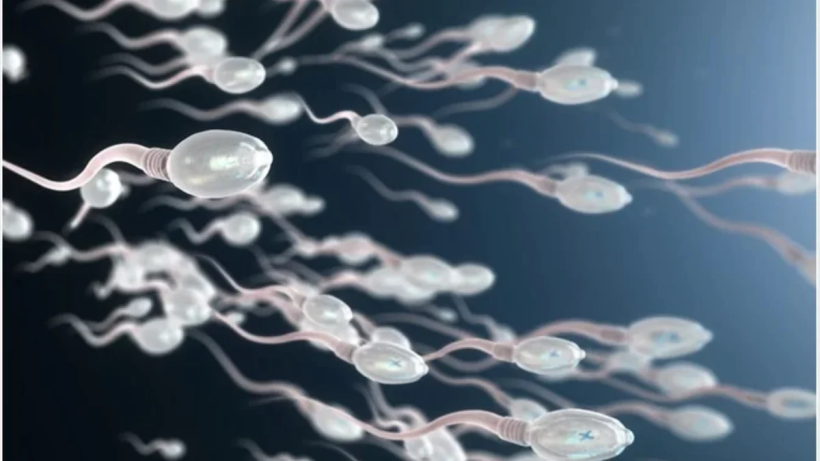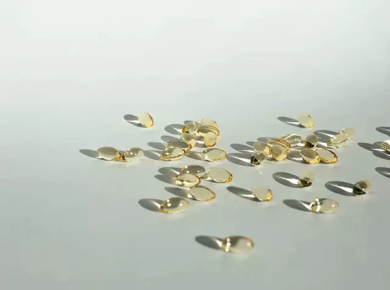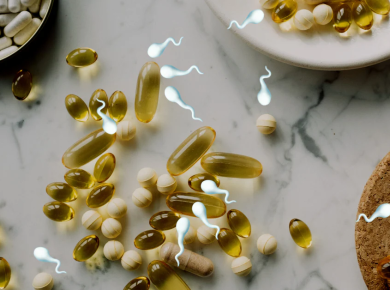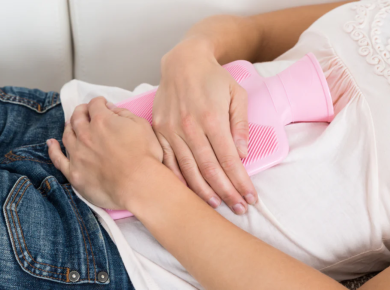7 tips to improve fertility
The Spermiogramm lists the essential characteristics that indicate the ability of ejaculate and male spermatozoa to fertilize a female egg. Urologists and andrologists with the appropriate laboratory equipment can examine the freshly obtained ejaculate and thus ascertain whether the man is fertile, has limited fertility or is infertile.
A spermiogram is usually created either to check the success of surgical sterilization (the desired result here is complete sterility of the man) or in the event of unwanted childlessness.
The examination steps can be seen in this short film:
CREATE A SPERMIOGRAM IN A SELF-TEST
A Spermiogramm can meanwhile also in the Self test at home be performed. However, the procedure requires that the user works very precisely and cleanly according to the instructions, otherwise the results may be falsified. In addition, the spermiogram at home cannot determine all the essential properties of male sperm.
A semen analysis done at home using a self-test kit can therefore only give a first indication. In order to ensure a high degree of accuracy and reliability of the result of a spermiogram, a spermiogram should therefore be drawn up by a specialist.
SPERM ANALYSIS NORMAL VALUES (ACCORDING TO WHO)
The standard values for a spermiogram are the minimum values that the male semen should have in order to be considered normally fertile.
If all parameters are in the normal range, one speaks of “Normozoospermie“. If a parameter is already undershot, one speaks of “subfertility“, i.e. reduced fertility. If the property is not present at all (e.g. if the sperm are not motile or if there are no spermatozoa with a normal appearance), we speak of infertility.
Generally recognized as a reference are the WHO standard values. They were reduced in some values in 2010, so that since then many findings have been labeled as “normozoospermia” or normal findings that would have been classified as restricted fertility before 2010.
The normal values according to the new WHO definition are:
| Parameter | Value |
| Ejakulat volumen | >1.5 ml |
| PH value | over 7.2 |
| concentration of sperm | more than 15 million per ml |
| Total sperm count | over 39 million |
| morphology (appearance) | over 4% normal looking spermatozoa |
| agility | over 32% progressively motile sperm |
| Percentage of living sperm | over 50% |
| Antibody determination: MAR & IBT | less than 50% with attached particles |
| leukocytes | less than 1 million per ml |
“Asthenozoospermie” is the condition in which the sperm do not have sufficient mobility, i.e. a high proportion will not find their way to the female egg cell.
The finding of the “Oligozoospermie” means that the man has less than 20 million spermatozoa per ml.
FERTILIZATION OF THE FEMALE EGG
In order for a woman to become pregnant naturally, fertilizable sperm must enter the female vagina no more than 48 hours before ovulation. The fertilization process of the female egg cell is explained very nicely in this short film:
7 TIPS THAT CAN IMPROVE MALE FERTILITY
In many cases the man has not completely lost his fertility, but only partially. One then speaks of “subfertility“. Reproductive medicine professionals largely agree that these behaviors can improve spermiograms:
- Avoid heat and cold. Sperm and the process of sperm formation are very sensitive to temperature. High temperatures, caused for example by tight pants, heated seats or a notebook on the lap, can significantly impair the sperm formation process.
- Eat a healthy diet, eat five servings of fruit and vegetables a day if possible, and ensure that your diet contains a high proportion of antioxidants.
- Exercise, get exercise, but don’t overdo it either.
- avoid stress,
- Avoid nicotine and alcohol.
- Check to see if you are taking any medications that you could potentially skip. Consult your doctor or pharmacist about this.
- Make sure you get enough fresh air and sun exposure, which are important for the supply of vitamin D. You have to let the sun come onto your face, arms and legs for at least half an hour a day in order to be able to produce enough vitamin D. A vitamin D deficiency is suspected of having a negative effect on male fertility.
To ensure that you are getting an adequate amount of essential vitamins,amino acids(arginineandCarnitine) andtrace elementsthat are important for the development of healthy sperm, we recommend that all men who want to have children take ferto M.
All videos are copyright: Center for fertility treatment, group practice, Dres. med. Georg Döhmen/Thomas Schalk







